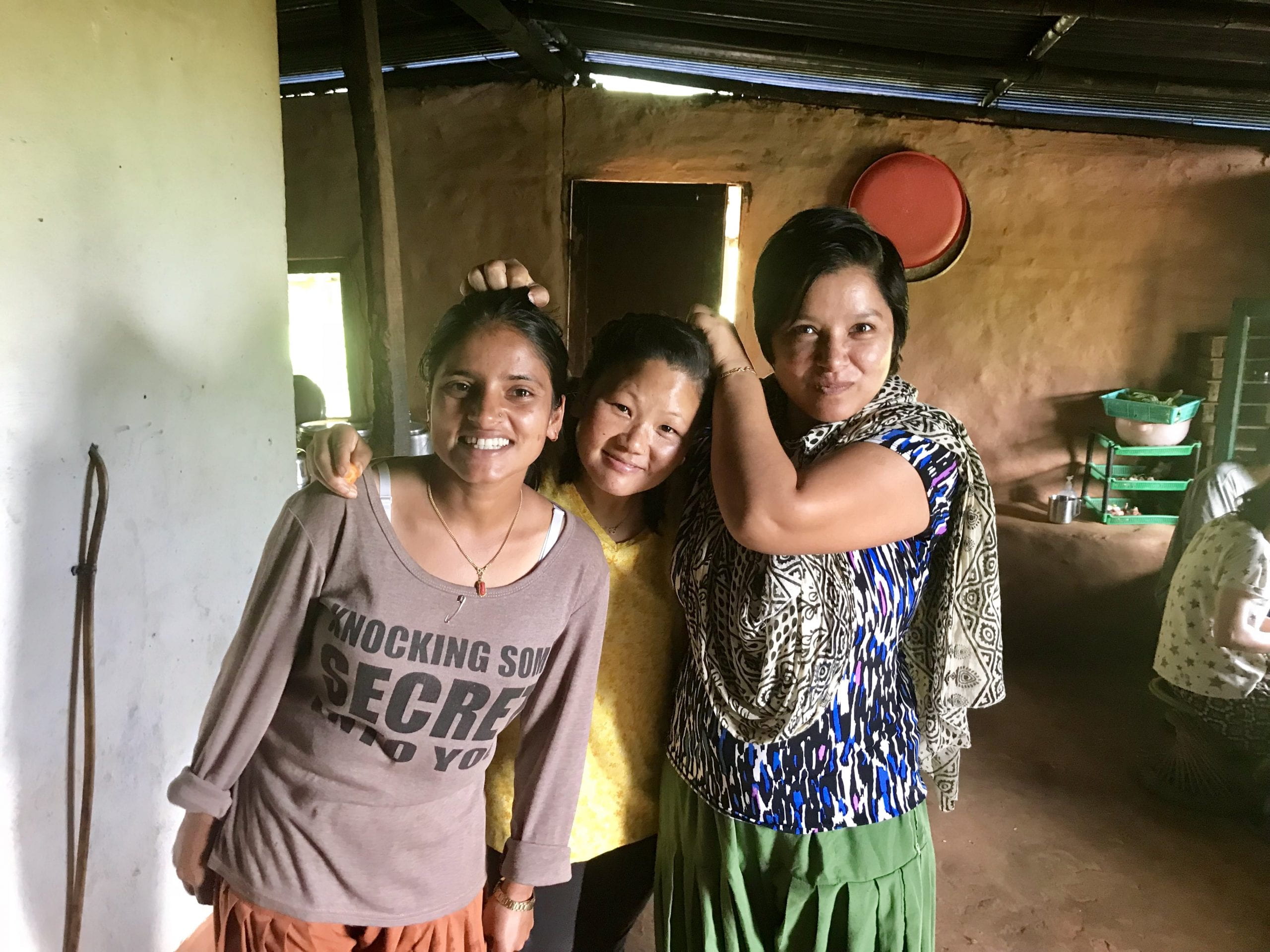Global Service Scholar: Jordan Stead
Country: Nepal
I had heard many times before going on this trip that Nepal is one of the poorest countries but that the people there are among the happiest in the world. The university reminded us to not go into the trip with any preconceived expectations or judgements, but this idea had always stayed in the back of my mind. How could people be so poor yet so happy? I immediately and vaguely thought that maybe it is their religion and culture, but I wanted to see for myself in person before making any premature assumptions.
Once there, I noticed that Nepal is in fact very poor, but the people seem to have this sense of purpose and an aura of wellbeing around them. A few days into the trip, Scott — who is one of the people in charge of the farm — said something that challenged this idea. He said that in Nepal, people simply “be to have”, rather than “have to be”. In the United States, there is a constant pressure to gain more power and more money in order to be happy when in reality this greater possession of goods tends to have the opposite effect.
This statement made me understand how possessions and wealth are not needed to make people happy long term. The women on the farm live in a community where there is so much trust, love and compassion for others. These simpler things in life are truly what creates pure happiness. When a person is simply being, they will gain or possess what is truly important.
This idea of happiness compared to possessions has made me think about my own life differently and how I could readjust my perspective on what should be creating happiness for me. Our culture in the United States is not perfect and neither is the culture in Nepal, but it made me notice that there are different aspects of each that can be combined, like a kind of cultural exchange.
So far in my service here, I have faced a few obstacles. The physical labor of doing tasks around the farm is hard at times, but the women are very supportive and encourage us to listen to our bodies and ourselves and rest when we feel it is needed. There have also been some mental struggles. Hearing the women’s stories about their pasts and the pervasiveness of extreme gender inequality in the country has been hard to process, especially since the women exude such confidence, resilience and compassion.
Compassion is something that comes very naturally for me and I was worried about feeling overwhelmed by their stories. In a sense I have, but I have also been struck deeply by how they have turned their past struggles into motivation and inspiration for the future. They treat everyone equally and with such compassion despite the attitudes of other. There have been moments where I have found it hard to find compassion for other group members, but the women have such strength and are a great example, which helps me push through these struggles.
In all, my time here in Nepal so far has made me question my own culture and perspectives that have been ingrained into my way of living. The women on the farm have inspired me to push through the daily ups and downs and have reminded me of what it means to be compassionate towards others, even in uncomfortable or new situations.

